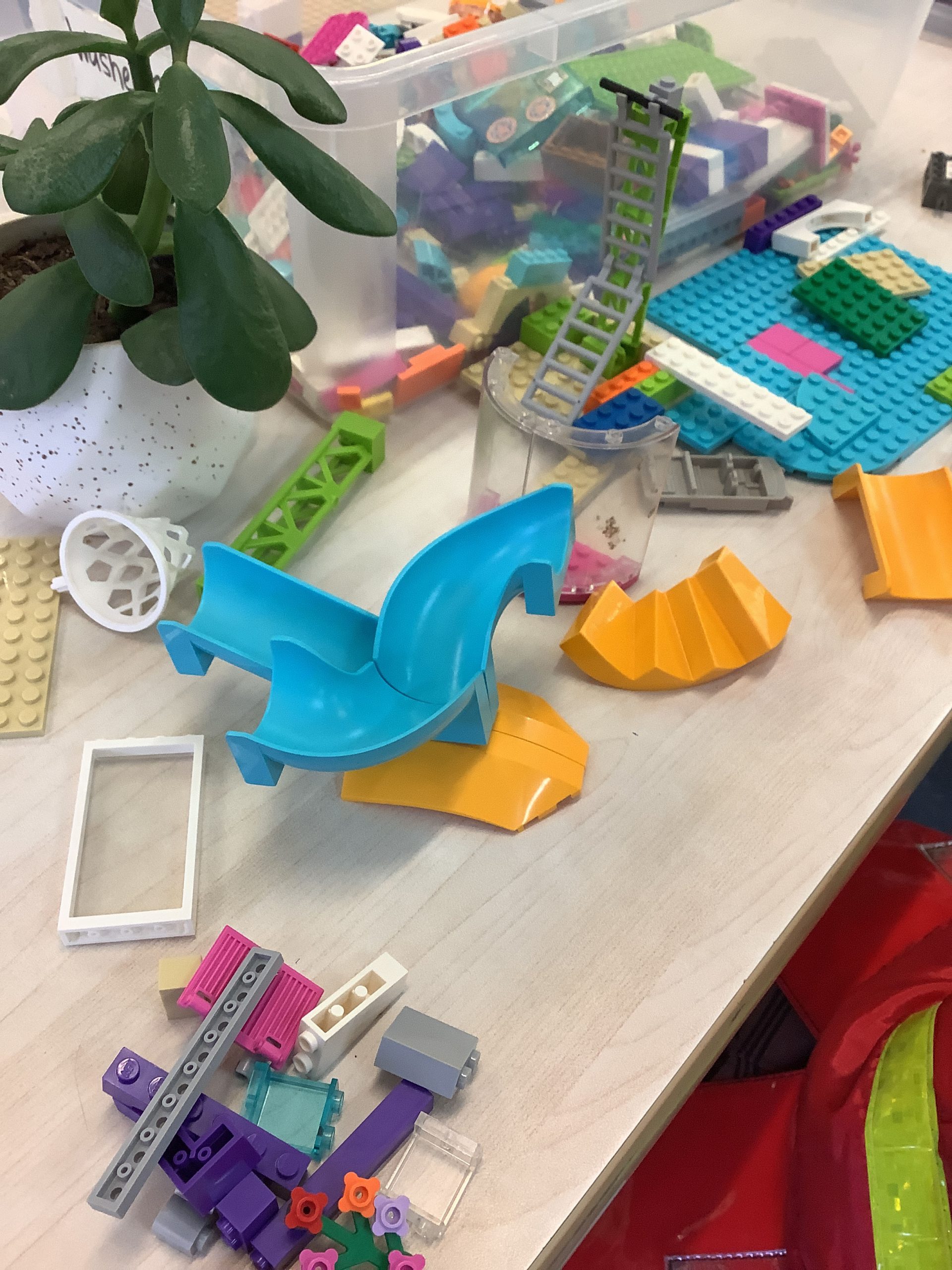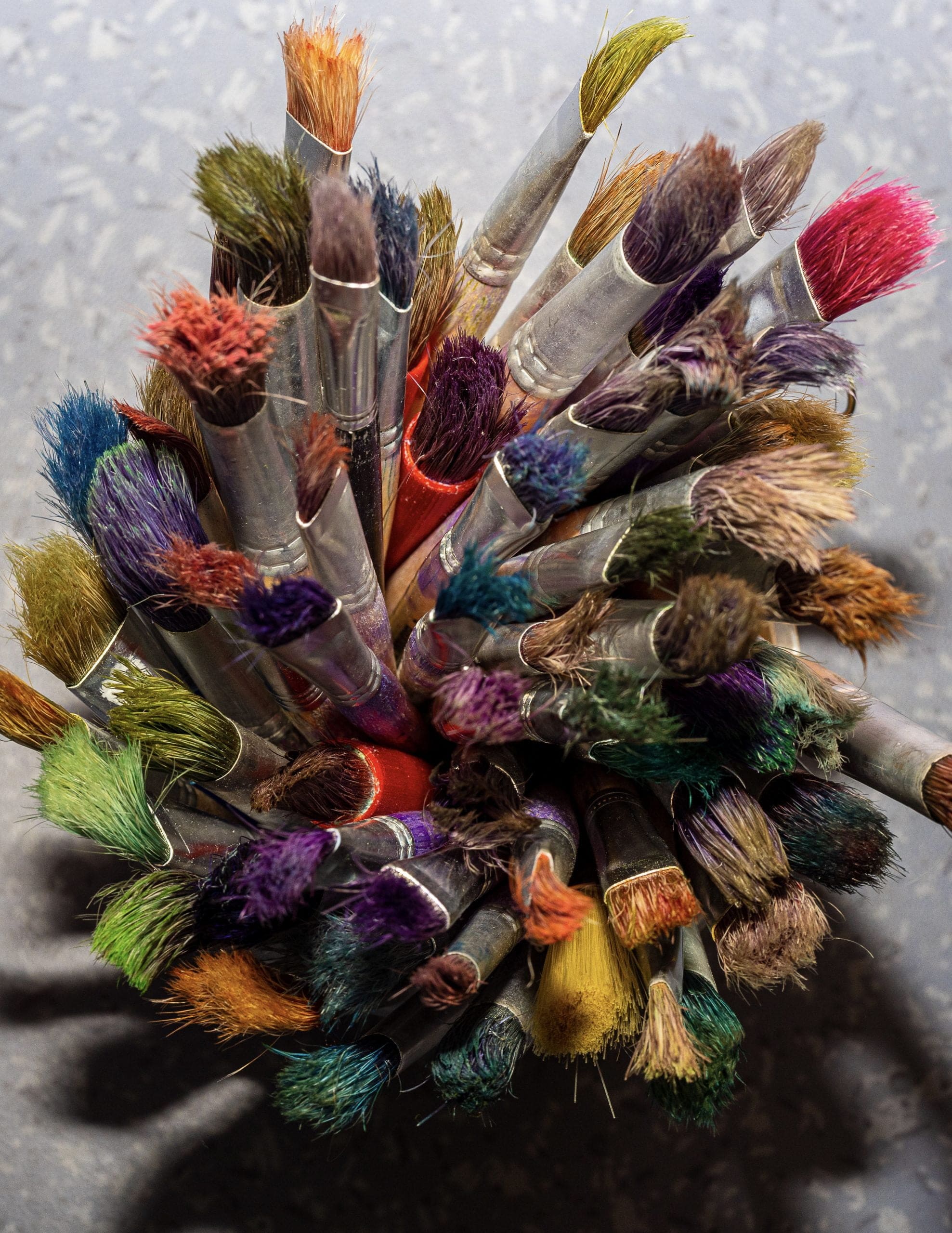Our Program

The Early Years Learning Framework
Richmond Preschool Kindergarten is guided by the Early Years Learning Framework. The aim of the Framework is to extend and enrich children learning from birth to five years and through the transition to school. Fundamental to the Framework is the view of childrens lives as characterised by belonging, being and becoming.
Belonging
Experiencing belonging – knowing where and with whom you belong – is integral to human existence. Children belong first to a family, a cultural group, a neighbourhood and a wider community. Belonging acknowledges childrens interdependence with other and the basis of relationships in defining identities. In early childhood, and throughout life, relationships are crucial to a sense of belonging. Belonging is central to being and becoming in that it shapes who children are and who they can become.
Being
Childhood is a time to be, to seek and make meaning of the world. Being recognizes the significance of the here and now in childrens lives. It is about the present and them knowing themselves, building and maintaining relationships with others, engaging with life’s joys and complexities, and meeting challenges in everyday life. The early childhood years are not solely preparation for the future but also about the present.
Becoming
Childrens identities, knowledge, understanding, capacities, skills and relationships change during childhood. They are shaped by many different events and circumstances. Becoming reflects this process of repaid and significant change that occurs in the early years as young children learn and grow. It emphasises learning to participate fully and actively in society.
Routine
Experiences
Richmond Preschool implements The Early Years Learning Framework.
The Frameworks vision is for all children to experience play based learning that is engaging and builds success for life.
The Early Years Learning Framework describes childhood as a time of belonging, being and becoming.
There are 5 learning outcomes which are designed to capture the integrated and complex learning and development of all children from birth to 5 years.
The outcomes are:
- Children have a strong sense of identity
- Children are connected with and contribute to their world
- Children have a strong sense of well being
- Children are confident and involved learners
- Children are effective communicators
The Framework focuses on each child’s learning. Educators work with families to get to know each child well, Educators listen, watch and talk with each child. They then create a learning program that builds on each child’s interests and abilities. Families are kept involved in this continual process.
By working together parents and educators can enhance the child’s learning and well-being.
Our Day
Indoor Activities
These activities are designed to promote a wide range of skills and to encourage independence, creativity and to build self esteem. The activities may include
- art eg easel painting, printing, drawing
- craft eg pasting, collage
- skill promotion eg scissors, pencil grip, playdough FM skills
- manipulative eg lego, sewing, hammering, puzzles
- maths eg blocks, scales, number
- social skills eg dramatic play, sharing, news,
- science eg nature items, experiments
- literacy eg books, writing
Music and Movement
These are expressive and creative experiences aimed to assist children in developing ability in areas such as
- rhythm and beat
- listening skills
- movement and creativity
- body awareness
- spatial relationships
- gross motor skills eg coordination
- musical instruments
- relaxation
Language Maths and science
As well as in group situations, language, science and maths are evident throughout the day in all areas of the programme. Within group situations the experiences are extremely varied, these could include
- Literacy-letters, sounds, expressive and receptive language skills
- story- group discussion, perception of book, correct book terminology
- picture talks- personal experiences, vocabulary and free speech
- science experiences-conservation, curiosity, experimentation, exploration, investigation, identification and discovery
- maths-comparing, counting, ordering, grouping , numerals, writing
- news
Outdoor Activities
The planning of the outdoor programme takes into consideration many developmental areas and interests which include
- water/sand/dirt play- concepts ie volume, conservation, sensory exploration, social skills ie sharing, interacting, cooperation
- dramatic play
- arts and crafts
- music
- manipulative and FM play
- climbing -trees and equipment
- gross motor play
- interacting with the natural environment
- active play
- social play
Morning and Afternoon Activities
The children have opportunities to participate in individual, small and large groups experiences throughout the day with their peers and educators.
Childrens interest and FM development are considered when planning for these times which can include;
- manipulative equipment ie threading, lego
- educational games ie lotto, matching, number
- dramatic play
- drawing
Our programme is flexible and recognizes the individual needs and interests of the children.
Extra events
Visitors, outings, excursions, enrichment visits(incursions) and informal events are also planned to extend the childrens learning beyond those offered at preschool on a daily basis
School Readiness
At Richmond Preschool we believe that the children are preparing for school from their first day. We feel that it is important for children to be socially and emotionally prepared for school, to be confident and independent individuals. When children are socially and emotionally competent, then learning skills and knowledge required for successful school transition is much easier and successful for them.
Children are supported to develop skills and knowledge appropriate for their development and abilities.
We work collaboratively with our families, schools and other community organisations to ensure good outcome for all our children.
School readiness is not a separate programme but an integral part of our everyday programme as we nurture all areas of children growth and development.

